Last time on The Green Table Talk Podcast Book Review, I reviewed “CBD: What Does the Science Say?”—a book that looked into the research behind CBD, its ancient roots, and its modern medical promise. Here, I’m shifting gears to another must-read in the cannabis space: Dr. Peter Grinspoon’s Seeing Through the Smoke.
This book takes on one of the most hotly debated topics in medicine, culture, and policy: cannabis itself. Not just CBD, not just THC, but the full spectrum of its potential, pitfalls, and politics. With wit, personal anecdotes, and scientific analysis, Grinspoon walks us through what we really know about cannabis, what we still don’t, and why so many of our conversations about it are clouded—often literally.
The break down: what’s truth, what’s myth, and what does this book bring to the table?
Seeing Through the Smoke: What We Talk About When We Talk About Cannabis
If there’s one thing we can all agree on, it’s that nobody agrees on cannabis. For some, it’s a game-changing medicine, an untapped well of potential for pain relief, anxiety, PTSD, and more. For others, it’s a cultural flashpoint, still wrapped in decades of stigma, suspicion, and scientific red tape. And somewhere in between sit the rest of us—wondering whether we’re being sold a miracle or a mirage.
Dr. Peter Grinspoon’s book, Seeing Through the Smoke, attempts to slice through the noise, the bias, and the baked-in assumptions (pun absolutely intended) to lay out what we actually know about cannabis, what we still don’t, and what our knee-jerk opinions might be getting wrong.
And, naturally, this kind of conversation benefits from two classic characters:
The Skeptic—concerned about addiction, unintended consequences, and the long-term effects we haven’t yet measured.
The Fan—who sees cannabis as an essential, overdue addition to modern medicine.
Both make solid points. Both occasionally miss the mark. And both remind us why this conversation is so complicated, so emotional, and so necessary.
So, let’s talk about it. No lectures. No scare tactics. Just the big-picture takeaways from the conversation we should all be having about cannabis.
1. The Endocannabinoid System Exists—And That’s a Big Deal
Ever heard of the endocannabinoid system (ECS)? If not, you’re not alone. Even most doctors never learned about it in med school. Even though every human has one, its existence wasn’t understood until the 1990s (!) . But it turns out, our bodies do have an entire network of receptors built to interact with cannabinoids, the compounds grown naturally in the little plant that can: cannabis.
This system helps regulate mood, sleep, pain perception, and appetite, among other things.
The fact that it exists suggests that cannabis isn’t just an arbitrary drug—it’s a natural plant ecosystem that plugs into a system our bodies already have.
That said, just because cannabis interacts with the ECS doesn’t automatically mean it’s good for everything. This is where research—not wishful thinking—comes in.
2. Cannabis and Chronic Pain: Hope, But Not a Hall Pass
Grinspoon makes a compelling case for cannabis as a safer alternative to opioids for chronic pain. And he’s got stories to back it up, like his patient Derek, who swapped opioids for cannabis and got his mobility—and his life—back.
But the Skeptic throws a fair counterpunch:
Long-term studies on cannabis and pain relief are still limited.
We don’t fully understand how it interacts with other medications.
And, critically, cannabis affects people very differently—what works wonders for one person might not work at all for another.
Still, for many people with chronic pain, cannabis is at least worth considering.
3. Mental Health: Friend or Foe?
One of the trickiest conversations around cannabis is mental health.
On one hand:
Some people swear by cannabis for anxiety, depression, PTSD, and even focus issues.
Early research suggests appropriately dosed CBD in particular may help regulate mood without intoxication.
Grinspoon himself shares how cannabis has helped him manage his own anxiety.
On the other hand:
Cannabis can worsen anxiety in some people, especially with high-THC strains.
For teenagers and people with a family history of psychosis, cannabis could be risky.
It’s not a replacement for therapy, medication, or real mental health treatment.
Bottom line? Cannabis and mental health is a mixed bag—some swear by it, others feel worse. Personalization is key. And, just like there are lawyers who know the law better than you do, there are experts who know cannabis better than Woody, Willie, and Snoopy too.
4. Driving, Teens, and Addiction—Let’s Not Ignore the Risks
The Fan sees cannabis as a powerful tool 🛠️. The Skeptic sees danger signs 🚧. Both are valid.
Driving: Cannabis DOES impair reaction time and coordination—Grinspoon is clear on that. Unlike alcohol, there’s no clear-cut measurement for impairment, which makes it even trickier to regulate. Or enforce. Or agree upon.
Teenagers: Early cannabis use has been linked to cognitive issues and mental health risks. While Grinspoon argues that the hysteria is overblown, he still advises caution.
Addiction: Cannabis isn’t heroin, but cannabis use disorder (CUD) is real. Some people struggle with dependency, and Grinspoon critiques the tools used to diagnose it, calling for more nuanced assessments.
5. Research, Regulation, and the Future
One of Grinspoon’s biggest frustrations? The research roadblocks that have held back our understanding of cannabis.
The U.S. government has historically made it absurdly difficult to study cannabis.
Most research has been skewed toward proving harm, rather than objectively studying risks and benefits.
Legalization efforts are helping, but there’s still a lot of scientific catch-up to do.
He envisions a future where cannabis is studied properly, prescribed responsibly, and understood beyond outdated stigmas. And honestly? That sounds like the conversation we should have been having all along.
The Bottom Line
Cannabis isn’t a cure-all. It’s also not the devil’s lettuce. Like most things, it’s complicated. And in reality, although the shrub has been around the block as long as we have recorded history, the modern cannabis renaissance has only barely begun.
Some people’s lives have been changed for the better by cannabis. Others have had bad experiences or found no benefit at all. The key isn’t blind faith in one direction or the other—it’s open-minded, evidence-based discussion.
Because at the end of the day, if we really want to understand cannabis, we have to see through the smoke.
Now, let’s talk: What do you think?
Link to purchase Dr Grinspoon’s book on Amazon
Great Substack that Dr Grinspoon hosts:


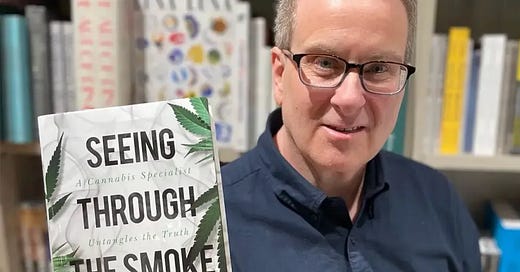



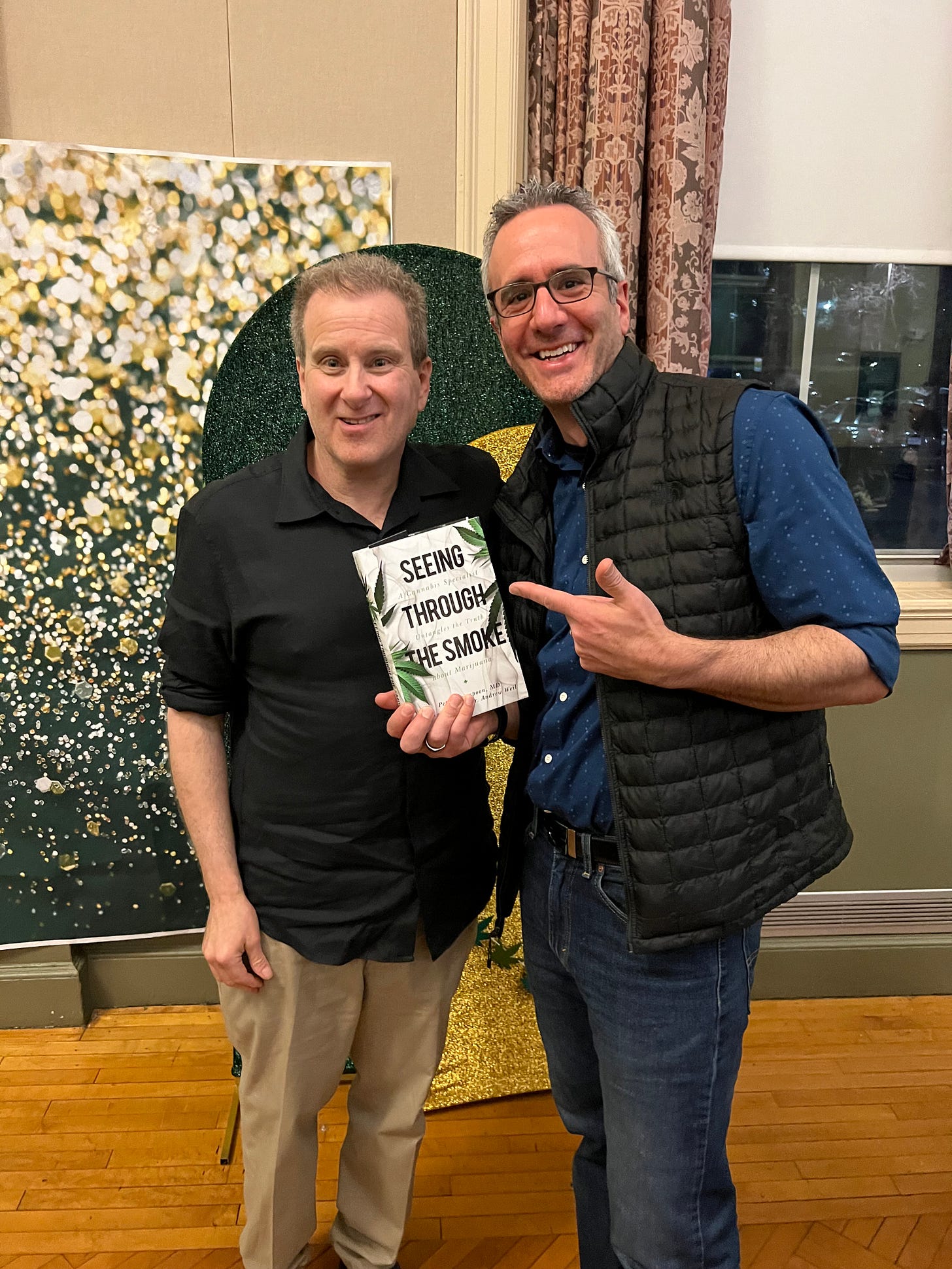
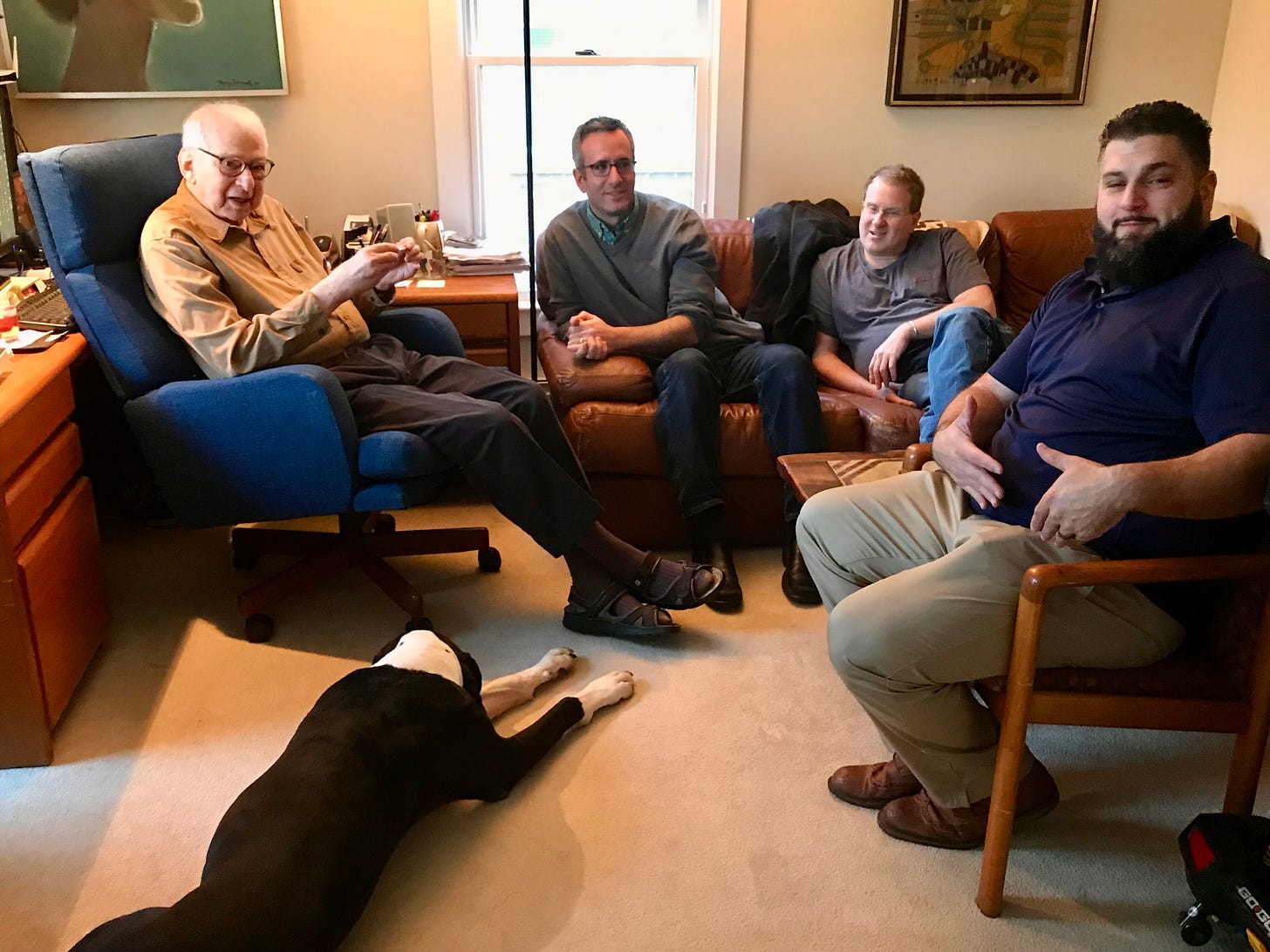
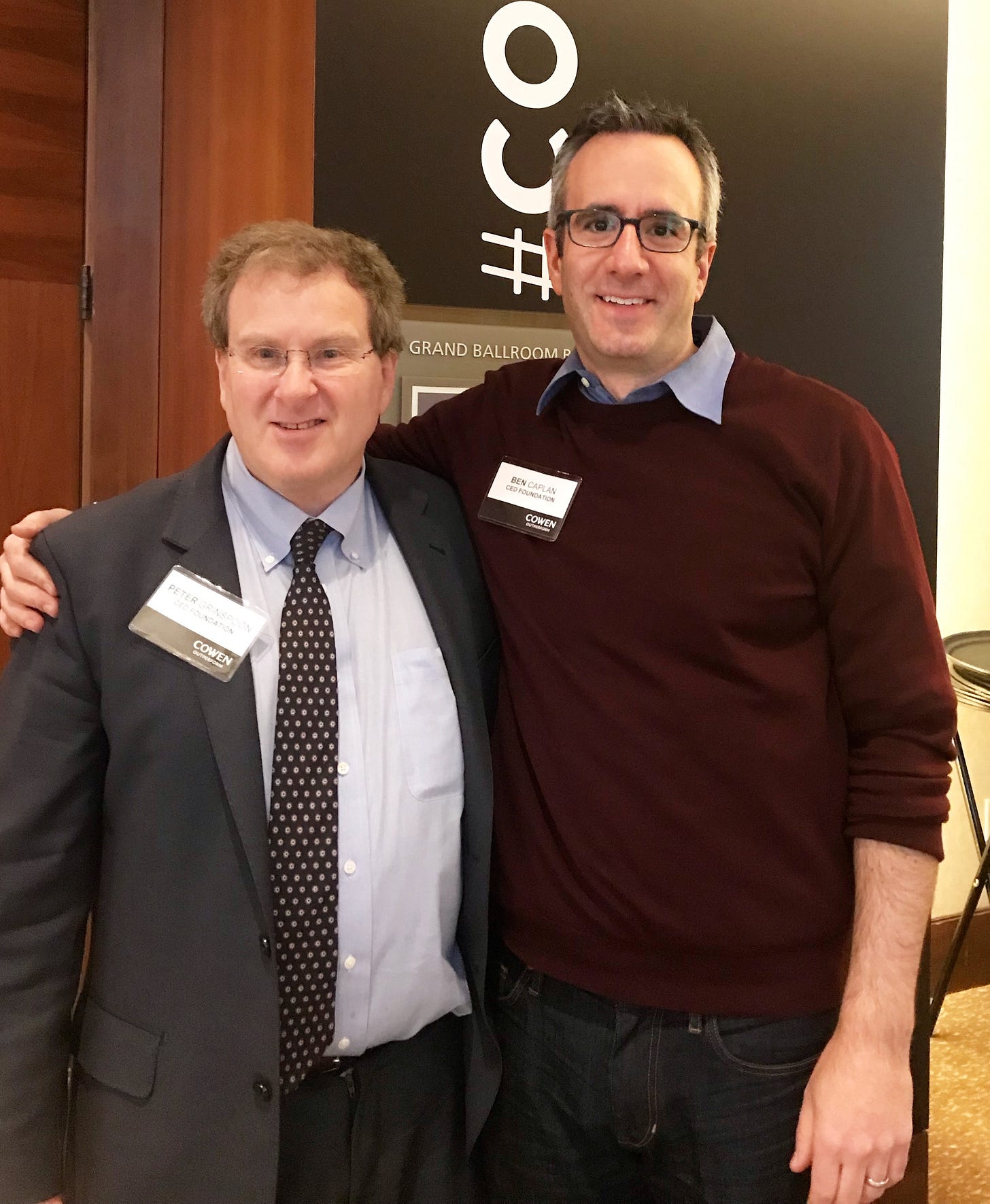




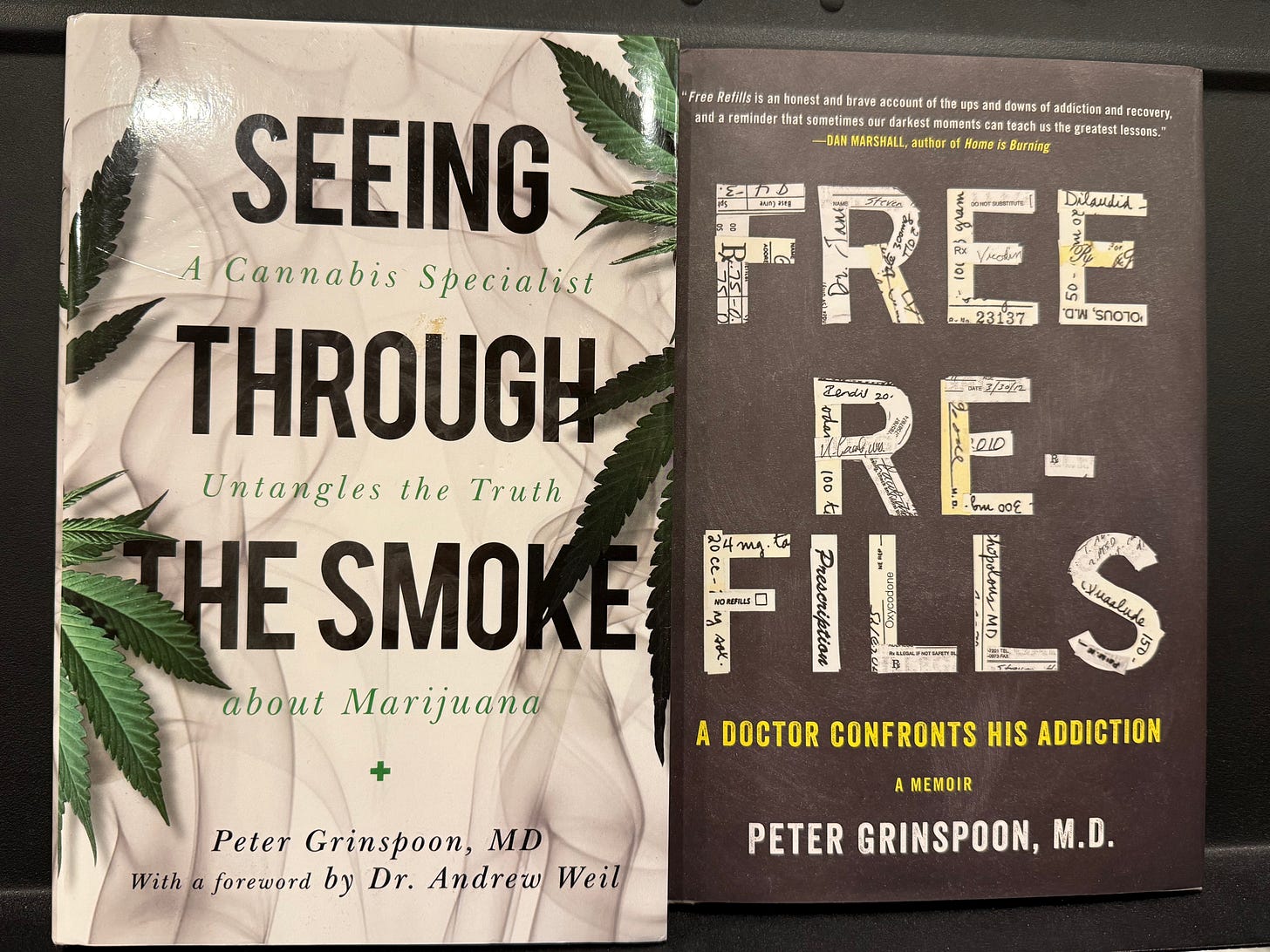
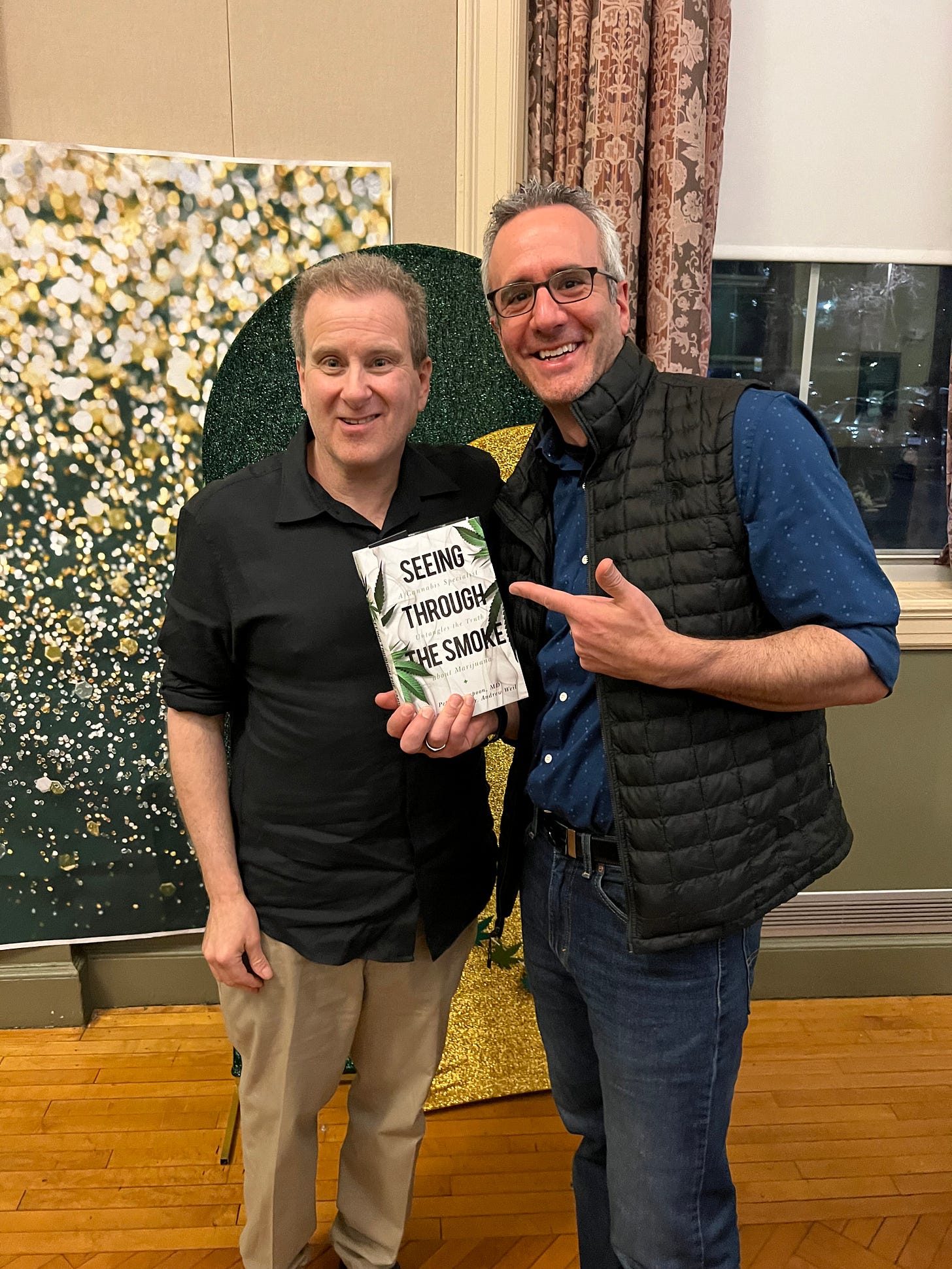



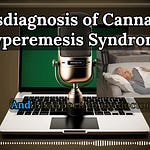


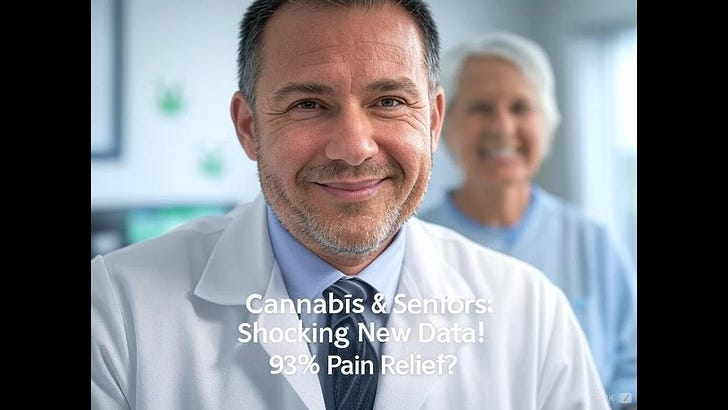


Share this post